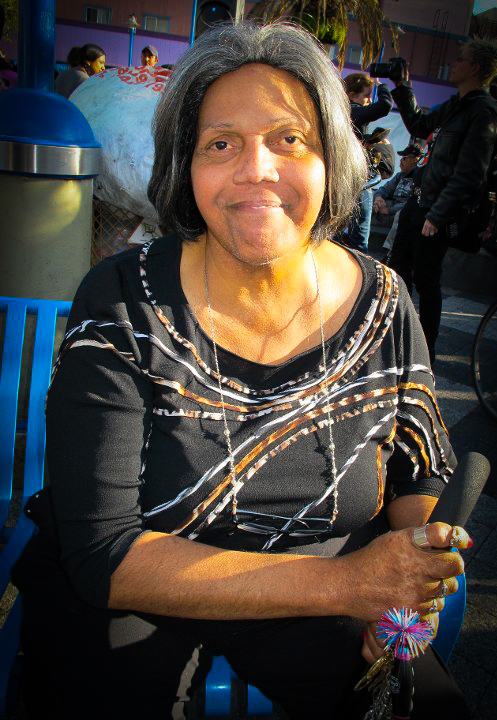Narrating Mother, Narrating Twenty-First Century America: On Choice, Refusal, and Relation
May 27, 2025

As an ERI/PS2 Fellow, I dedicated my summer to conducting research for the final chapter of my dissertation and its accompanying public-facing podcast episode. In this chapter, I argue for a mode of kinship-making and caregiving that must not necessarily remain rooted within the confines of the heterosexual colonial nuclear family. Toward this end, I focused on testimonies from the NYC Trans Oral History Project. Trans and queer communities have much to teach us about modes of relationality that disinvest from rigid colonial identity categories and nuclear family formations. In oral history testimonies from trans New Yorkers of various generations, classes, and races, we see how individuals marginalized by normative gender constraints make anew the meaning of family and identity.
For example, Miss Major Griffin-Gracy speaks at length in her testimony about the role she has played for decades as a parent, mother, dad, and caregiver––biological, adopted, and professional––to a large and diverse community of children, trans women, gender nonconforming youth, and men dying at the height of the AIDS epidemic. She recounts how she parents her son, Christopher, in a blended, bicoastal family; how she adopts the son of a fellow sex worker; and how she takes on surrogate motherhood for countless youth in both New York City and Little Rock, Arkansas. In Miss Major’s testimony, parenting and mentoring is the labor of care, which also resonates with the labor she provided as a home health aide for AIDS patients in the 1980s. As she says, “It’s the needs of my community that are important and to make sure one of my girls is safe. Because we have suffered so long, so hard, so often and so intently that if we get the chance to get some moments break… if I can provide that, I’m going to give it to them” (Griffin-Gracy, NYC TOHP Interview Transcript #054, 33). Miss Major, like many others interviewed as part of the NYC Trans Oral History Project, models non-normative ways of conceiving of the mother figure, the family structure, and the community public from which all of us can learn.
Author

Destry Maria Sibley
PS2 Public Research Fellow
Destry Maria Sibley is an oral historian, digital media producer, and doctoral candidate in English literature at the Graduate Center, CUNY. Her dissertation, “After Mother: Genres of the Maternal in Twenty-First Century American Memoir,” a written text and accompanying podcast, reads contemporary American life writing to recast the mother figure as a genre of the human and object of received knowledge. She is the recipient of a Mellon/ACLS Dissertation Innovation Fellowship, a CUNY Provost Enhancement Fellowship, and a Fulbright-National Geographic Digital Storytelling Fellowship
